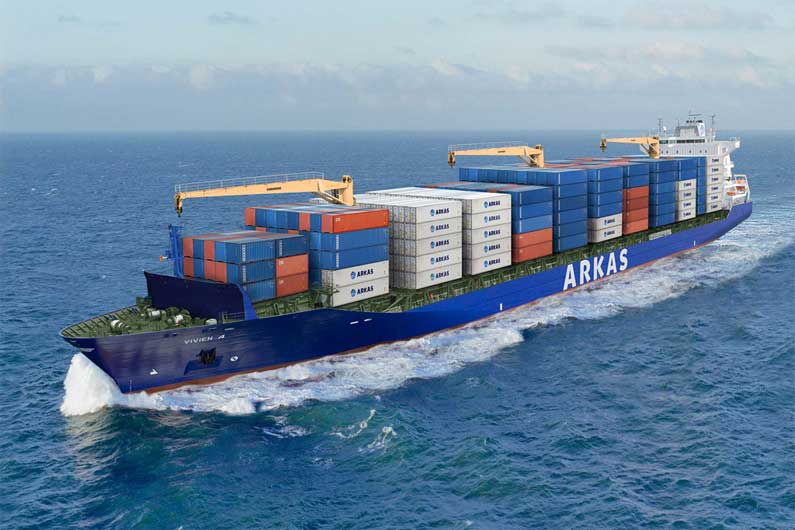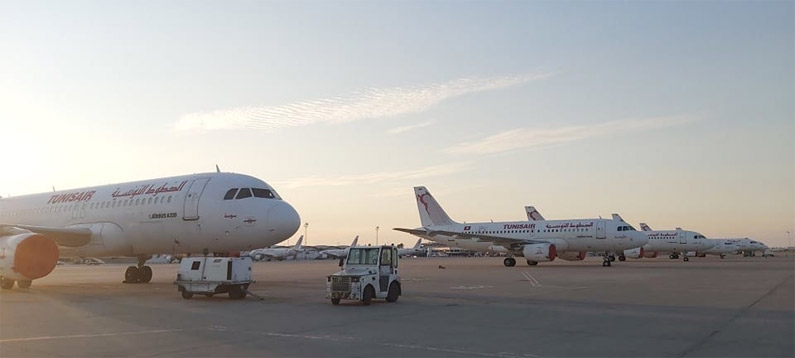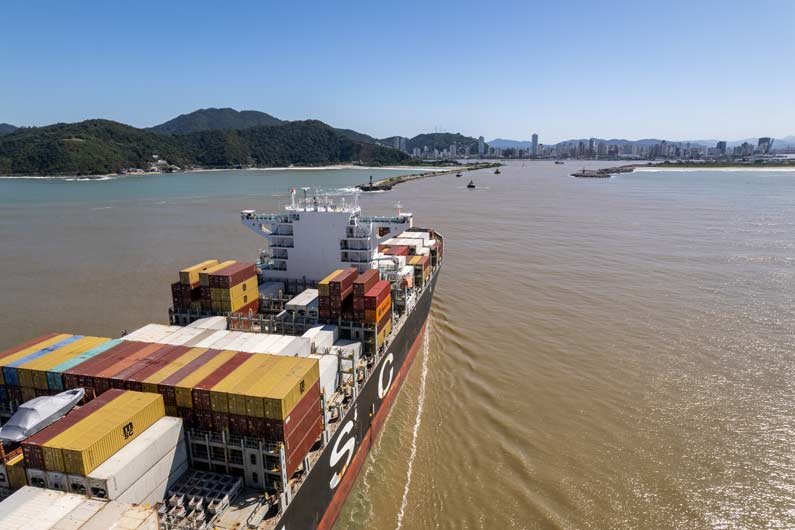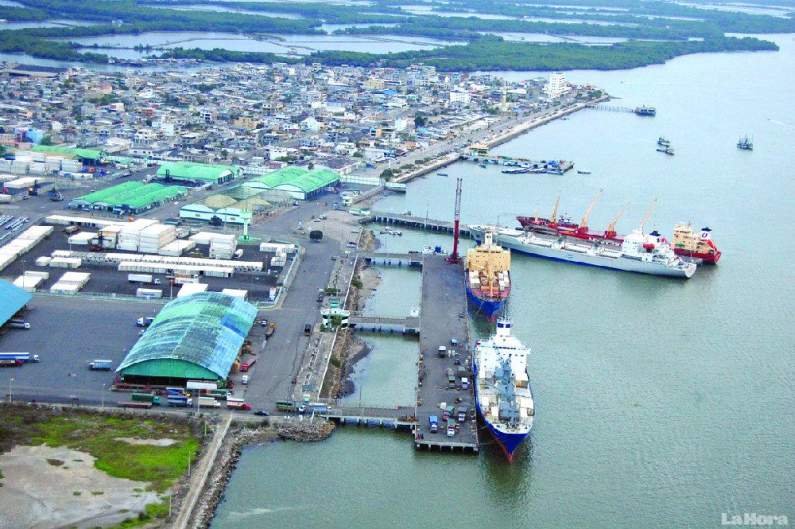Since 1963, Libya has often had a positive trade balance. Although agricultural items, hides, and skins are also exported, crude petroleum accounts for almost all of its exports.
Farm machinery, consumer products, agricultural commodities, and equipment for the oil and construction industries are all imported.
The United States, China, South Korea, Turkey, Italy, and the neighboring countries of Egypt and Tunisia are the nation’s top import partners. Nearly all petroleum exports typically go to Italy, Egypt, other members of the European Union, and the United States.
In the year 2019, Libya was ranked 106th Largest Goods Importer of the United States Market and the total goods imported by Libya were worth 412 Million Dollars.
And because of positive relations, shipping to Libya from Houston is simplified. There are certain restrictions on some items which cannot be imported to the country which are regulated by the Government Of Libya and International Cargo Services Libya.
The shipping industry does face some challenges while importing and exporting goods from and in Libya and it’s due to various factors such as Government Regulations on the Export and Import of Goods, Complicated Routes, Infrastructure Limitations, Unpredictable Weather conditions, etc.
All this can be challenging, but not impossible to overcome. Half of these can be avoided if you have the Required Documentation of the cargo and by making sure that you follow all the Guidelines provided by the Regulatory Authority.
Ocean Freight to Libya
Libya established its Shipping & Maritime Services Agency in 2001 as a private sector that is way ahead in performance, security, and reliability.
The main port of the country is Tripoli. Tripoli and Benghazi jointly handle the majority of the nation’s maritime traffic for Container Shipping to Libya.
The majority of imports pass through Tripoli, especially those related to the oil sector and the burgeoning trade in consumer products. Tobruk is also home to a significant port in Libya.

Challenges Faced With Ocean Freight to Libya
- Rolled Cargo
Rolled Cargo, i.e, holding a container off the board due to incorrect documentation, government limitations, not following guidelines issued by the Authorities, overbooking, etc is one of the most common challenges which is being faced by the Movers. This can cause huge delays or even cancellation of shipping in some cases if not taken care of properly. - Lack of Shipping Containers
Since the pandemic, many businesses were directly affected which resulted in the closing of operations of various manufacturers and other companies. This became a huge problem for the shipping ports as containers shipped by companies that are not in operation anymore had to be stored at the port and were not picked up or received, which created a huge shortage of free containers for the new shipments. - Hike In Freight Costs
Due to the increase in demand and a global shortage of containers, the cost of shipping increased by over 200-300% for the major shipping routes which include shipping from USA to Libya. - Unexpected Weather Conditions
Unexpected weather conditions affect all modes of transportation, but ocean freight is most affected as it creates harsh water conditions which lead to delay, damage, or even loss of cargo. - Port Congestion
This is a major problem in the ports of Libya as most of these shipment carriers are unable to load or unload their cargo due to long queues for getting space at the port. This happens because of a lack of labor, lack of infrastructure, and holding ships at the dock till long after their job is done. This causes delays in delivery and loss of money.

Air Freight to Libya
There are a number of international airports in the nation, and they are situated at Tripoli, Bannah, Sabh, and Misurata. Domestic flights and services are offered by Libyan Arab Airlines and foreign airlines to various European nations as well as those in the Middle East and North Africa.
The oil firms also provide planes within the United States.
Challenges Faced With Air Freight to Libya
- Security
It makes perfect sense that stricter security measures are being implemented for all facets of international trade. The issue may be that there is still a degree of variability in these indicators around the globe and no widely recognized worldwide standard. While there are programs like ACAS (Air Cargo Advance Screening) and PLACI (Pre-Loading Advance Commercial Information) in the United States, this is not the case in many other nations, which poses a difficulty to the air freight logistics sector. - Rise in Shipping Cost
For over three decades, the price and availability of aviation fuel has continued to be one of the key economic issues affecting the airline sector. The airline’s financial portfolio is directly impacted by high jet fuel prices. Fuel prices were at an all-time high due to the increase in airline firms year over year, creating a vicious cycle. Maintaining fuel economy is one of the aviation industry’s major issues because alternative fuels haven’t had much of an impact. - Lack Of Capacity
For air cargo businesses, the implementation of border restrictions to stop the pandemic’s spread presented significant difficulties. Carriers were forced to reduce network size and store numerous planes in off-site long-term storage. This change impacted the transport of tonnes of products across the globe. - Increase In Demand
The amount of items being shipped by air has greatly increased as a result of the expansion of the e-commerce industry. The challenge for everyone involved in the air freight industry has been to step up to the plate and make sure that the demand for new shipments is fulfilled as the number of these goods going by air has increased.
Libya Shipping Requirements
Shipping from USA to Libya, Import taxes on goods must be paid in dinars, the local currency.
Although it is not necessary to have an import license, many products have different duty rates based on their gross weight.
Ad valorem taxes are calculated based on the cost of the products, including shipping and insurance.

List of Required Documentation:
- Certificate Of Origin
- Commercial Invoice
- Insurance Documents
- Permanent Label showing Country Of Origin
- List of Items in the shipment
List of Items Prohibited for Shipping in Libya:
- Alcohol
- Used Equipment & Machinery
- Used Cars
- Luxury Cars
- All imports from Israel
Types of Load
There are two different types of shipping services available, each with its own advantages and disadvantages.
A Full Container Load (FCL) means that your container will be completely isolated from other cargo and can keep your goods safe during transit.
However, this option will increase the cost of your shipment.
A Less than a Container Load (LCL) means if you aren’t shipping an entire container for your cargo, or if you don’t mind sharing a container with other cargo, then you can choose LCL which will reduce the cost of shipping.
Texas International Freight focuses on shipping oil rigs and other oil-related heavy equipment by air and sea and provides the cheapest shipping from USA to Libya.
We believe that dependability, expertise, honesty, and hard work are essential elements in any good shipping company. As a global logistics industry, we’re all in this together.
For more details, Please visit our website.
Texas International Freight ships break bulk cargo all over the world, to destinations including the UK, Netherlands, Germany, Russia, Norway, Nigeria, Angola, South Africa, Brazil, Colombia, Chile, Peru, China, Singapore, Australia, Vietnam, India, Saudi Arabia, United Arab Emirates (UAE), Libya, Syria, Kuwait, Iraq, Oman, Yemen, Egypt, Israel, Turkey, Spain, Algeria and many other countries besides.





